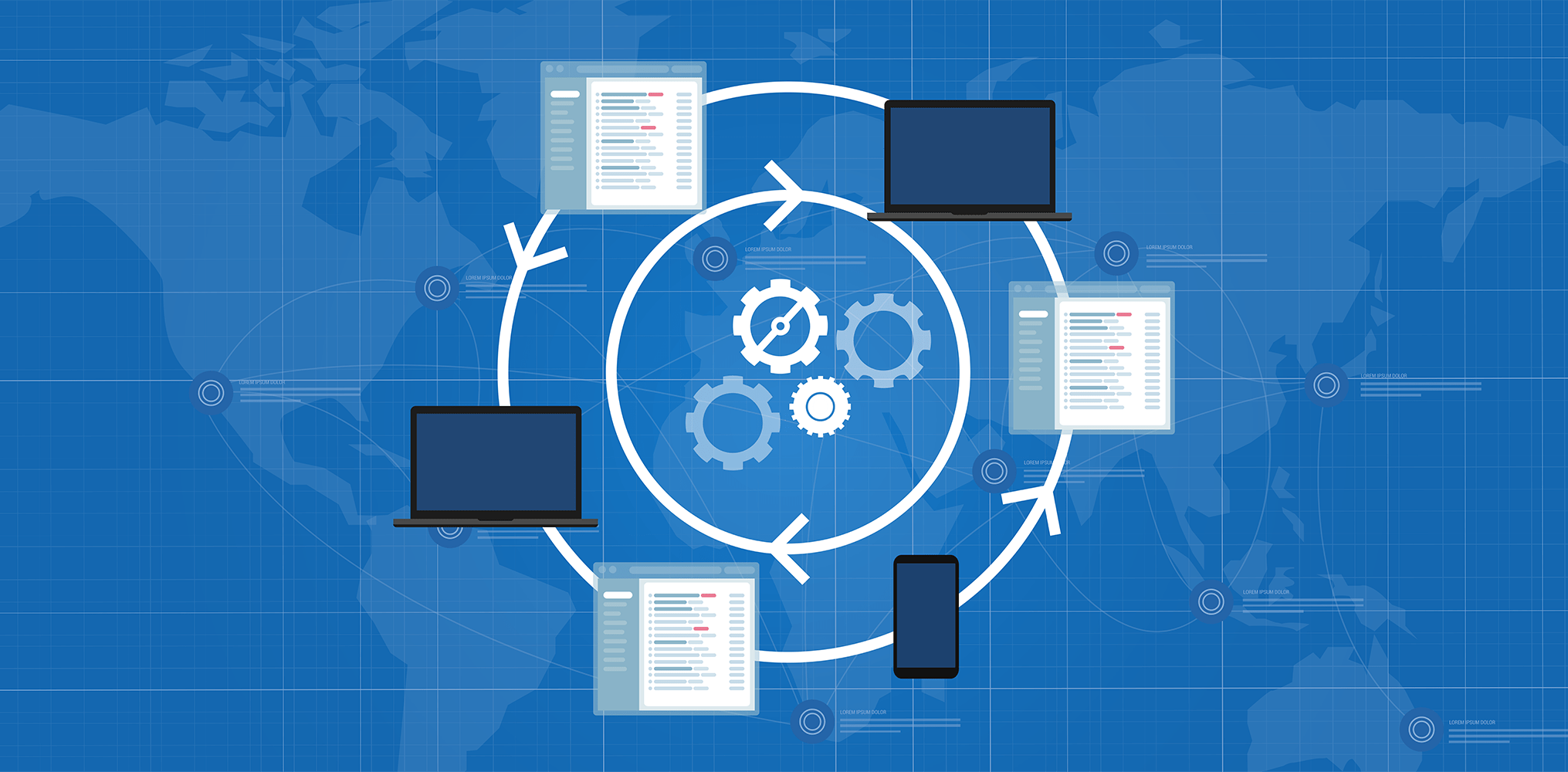
On 1 September, alongside 37 other participants, LifeWatch ERIC took part in the Data Interoperability and Harmonisation workshop organised by Biodiversa+, with a presentation from LifeWatch ERIC Web Portal Officer, Lucia Vaira. During her presentation, she gave an overview of the EOSC Interoperability Framework in technical, semantic, organisational and legal terms, explaining the (Meta)data structure and workflows within LifeWatch ERIC, along with the status and main challenges of interoperability within the Infrastructure.
Biodiversa+ is the European Biodiversity Partnership supporting excellent research on biodiversity with an impact for society and policy. It was jointly developed by BiodivERsA and the European Commission as part of the EU Biodiversity Strategy 2030, and will contribute to the ambition that “by 2030, nature in Europe is back on a path of recovery, and that by 2050 people are living in harmony with Nature”. The Commission recognises that it is vital to make biodiversity data more accessible in order to make faster progress in this research area and achieve the objectives of the EU Biodiversity Strategy.
Lucia Vaira touched on many important topics in her presentation, demonstrating not only key openly-accessible LifeWatch ERIC tools such as the Metadata Catalogue and EcoPortal, but explaining the importance of interoperability to the Infrastructure: In light of the FAIR principles, interoperability essentially means that “research data need to be integrated with other data; and need to interoperate with applications or workflows for analysis, storage, and processing”, principles which are always held in consideration during the development of the Infrastructure’s tools. After all, interoperability is essential to enable the seamless combination of all LifeWatch ERIC’s assets, providing added value for the final users. You can access the full presentation here.
Other speakers at the event included Alberto Basset – Italian Ministry of Universities and Research, Hilde Eggermont – BelSPO, Dani Villero Pi and Nestor Fernandez – EuropaBON, Tim Hirsc – GBIF, and Sujeevan Ratnasingham and Rutger Vos – BIOSCAN/iBOL, with whom a fruitful discussion was held on how Biodiversa+ can help achieve effective data interoperability. LifeWatch ERIC is honoured to participate in opportunities to nurture and maintain multilateral dialogue within the European Research Area to support the EU Biodiversity 2030 Strategy, in line with its mandate to enhance understanding, linkages and synergies between biodiversity loss and other societal challenges. Increased interoperability with other biodiversity databases through the support of Biodiversa+ facilitates the Infrastructure in its mission to mobilise and integrate data and algorithms for biodiversity and ecosystem research.